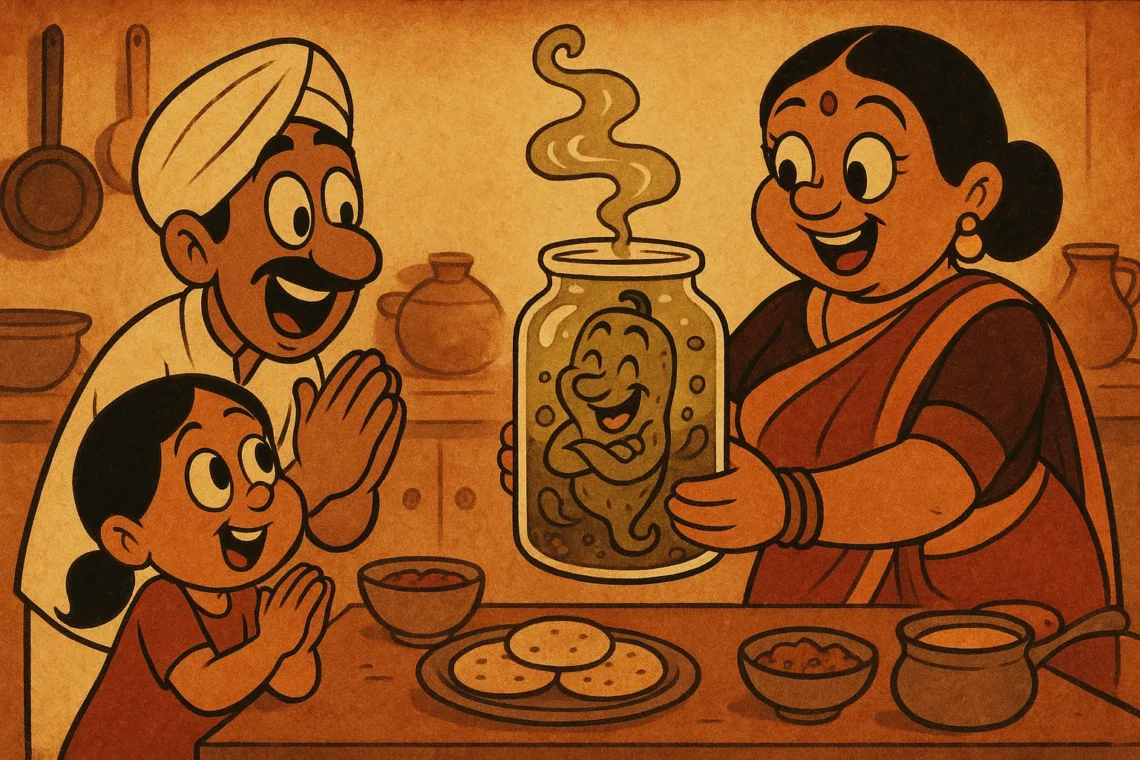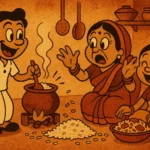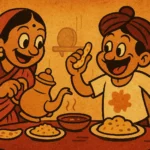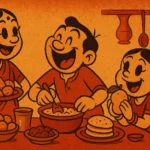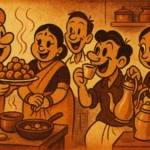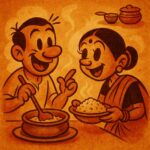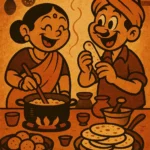Every family has one. Tucked away in a kitchen corner, or sitting high up on a fridge, slightly sticky around the lid, impossibly heavy and older than it looks. The pickle jar. Not the sleek, store-bought one with branding and a “Best Before” date. I’m talking about the ancestral kind—the glass jar with faded turmeric stains and a lid that creaks like it’s keeping secrets. In our house, we called it *The Pickle Jar That Grants Wishes*. And honestly? I kind of believed it.
It wasn’t magic in the fire-breathing, wish-granting, genie-in-a-bottle way. It was quieter than that. But potent. Ask for something—peace, courage, love, maybe just a better lunch—and then sneak open that jar, take a spoon of the mango pickle, and suddenly the world made just a little more sense. It was ritual. It was superstition. It was survival. One bite of that spiced, oil-drenched alchemy, and your day took a turn for the better.
It Started with My Grandma
She never claimed to be a witch or a saint, but my grandmother knew things. She knew when the raw mangoes were just right. She knew when to dry the spices, when the sun was ready to cure, when the oil needed more mustard seed. And she knew exactly how many jars to make to last the year—but always made one extra. “For the tough months,” she said. “For the ones when you’ll need something small that feels like hope.”
That extra jar sat untouched for months. Then, like clockwork, on a bad day—when someone was sick, or money was tight, or nothing tasted right—we’d open it. And it would
The Illogical Comfort of Pickle
Let’s be honest. Pickle shouldn’t be comforting. It’s salty, spicy, sometimes face-puckeringly sour. It stains everything it touches. It’s not designed to go down easy. And yet—just a spoon of it with plain rice and ghee? Or a little with roti and curd? Or even straight from the jar when no one’s watching? It brings a comfort that is completely out of proportion with its size.
And that’s why we believed it had power. Because only something that small and that loud could turn a meal—or a mood—around so quickly.
We’d Ask for Things
We never said it aloud, but we all did it. Before a big exam: one bite, one wish. Before telling our parents something nerve-wracking: a spoon, a deep breath. Even before job interviews or visa appointments. As if the pickle jar could nudge fate. As if all the spices soaked in mustard oil could whisper on our behalf: “Be kind. Go easy. Let them pass.”
My cousin once joked that the jar had moods. Sometimes the pickle tasted sharper, sometimes gentler. Like it absorbed the weather, the family’s stress, the arguments in the kitchen. “It knows,” he said, mid-bite. “It always knows.”
I Tried Making My Own
Years later, in my Austin kitchen, I tried making the same mango pickle. I got the raw mangoes from the Indian store. Bought mustard oil. Followed an old scribbled recipe. I even sun-cured it on the balcony like a total romantic. It tasted good. Fine, even. But not hers. Not wish-worthy. Not jar-in-the-corner-of-memory good.
Maybe it was the jar. Maybe it was the hands that made it. Maybe it was the belief we poured into it over the years. But something was missing. Or maybe—maybe it just hadn’t lived enough. Maybe pickles, like people, need time to gather power.
Because It Was Never Just About the Pickle
It was about the feeling of control when everything else was uncertain. About turning to something familiar when life spun too fast. About finding flavor when the day was bland. And more than anything, it was about the possibility—however irrational—that a bite of something sour and spicy could tip the odds in your favor.
So yes, our pickle jar granted wishes. Not because it changed the world, but because it changed us—just enough to keep going. One bite at a time.
Born in Mumbai, now stir-frying feelings in Texas. Writes about food, memory, and the messy magic in between — mostly to stay hungry, sometimes just to stay sane.

